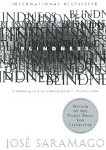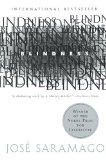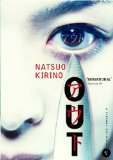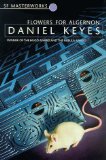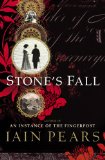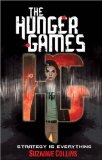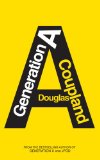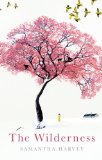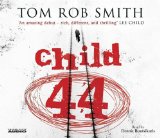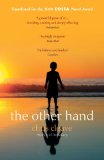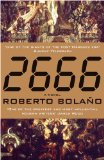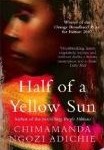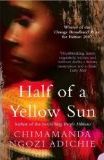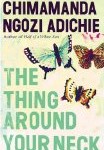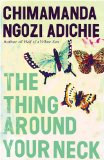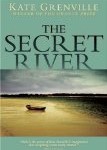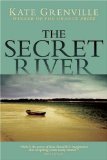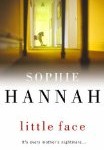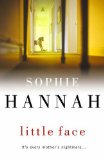You may remember the wonderful guest post in which Heidi recommended her favourite books. I loved it so much, that I would like to make this a regular (monthly?) feature on my blog.
This month I’m featuring Susan, another regular reader of my blog. Susan has lived in Texas all her life. She is a retired teacher sharing an apartment with 2500 books. She spends much of her time reading — about 80 to 100 books year.
Here are her favourite books:
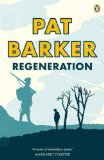

Regeneration by Pat Barker
Dr. W. H. R. Rivers is one of my favorite fictional/historical characters. I love the other two books in the trilogy as well, but my interest in the poetry of that period always brings me back to this one.
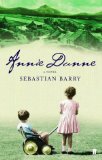

Annie Dunne by Sebastian Barry
The contrasts are startling . . . light and dark, young and old, the ancient ways and the hints of modern times, the deformed old hag of a woman and Sebastian Barry’s graceful, lyrical prose. My favorite thing about the book is that the mysteries involving the children are never solved — there is no sentimentality here, no false happy ending. Who but Barry could tell this story? The older I get, the more the story means to me, the closer I feel to Annie, the more grateful I am to Sebastian Barry for giving us this beautiful story.


The Year of Magical Thinking by Joan Didion
Didion’s writing — her distinctive literary voice — has been part of my world since I read Play It As It Lays in 1971. I was just out of college and that book, together with Didion’s essays, had a profound influence on my literary taste and outlook. Now, all these years later — as I face the death of my parents and my own problems with aging — there is Didion again with this gift of a book to light my way.
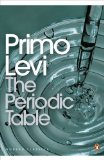

The Periodic Table by Primo Levi
Levi the chemist and Levi the master storyteller and Levi the Holocaust survivor combine to give us twenty-one tales — each named for a chemical element — that weave memoir and imagination and humor and terror and science and remembrances of friends long departed. These stories aren’t easy — you have to work at them sometimes — but the rewards are beyond measure.
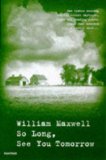

So Long, See You Tomorrow by William Maxwell
This is a book about the hold that the past has over us, the way the fragments of childhood memories and dreams haunt us long after we are grown and life has taken us — or so we thought anyway — far from home and the child we used to be.


The Beautiful Things that Heaven Bears by Dinaw Mengestu
The main character is Sepha Stephanos, an Ethiopian immigrant to the United States. He has come to that place where all immigrants must come — that threshold where he is neither Ethiopian nor American. The neighborhood he lives in, like the young man, is caught between cultures — an old, rather poor part of Washington, D. C., that has been discovered by the developers who are evicting the poor and creating lofts and houses for a wealthier clientele. Sepha’s relationships — with the customers in his small grocery store, with a wealthy woman who has moved into one of the new houses, with the woman’s biracial daughter, and perhaps best of all, with other young immigrants from Africa — reveal so much about him, and about all the people who struggle to find a home, to make a place for themselves. The young author has taken on so much in this first novel and the result is a brave book, a work of incredible beauty.
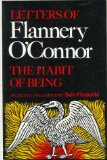

The Habit of Being by Flannery O’Connor
I owned this book for many years before I found the nerve to begin. I feared that the collected letters of a writer whose work I barely knew would be tedious and full of references I wouldn’t understand. Eventually I set myself the task of reading a few of the letters each day. Rather quickly it came to be my favorite part of the day and though there were times I wanted to go ahead and read them all in one weekend, I realized how lost I’d be without her letters to inspire and delight and illuminate, so I continued to ration them, five or six a day. In a way, I think Flannery became my best friend for awhile and I missed her terribly when the letters came to an end. She died in 1964 at age 39.
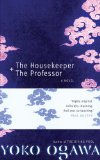

The Housekeeper and the Professor by Yoko Ogawa
This is a story about memory and family and numbers and — please don’t let this put you off — baseball. The numbers and baseball are important but not in the way you might think. What matters here are the characters and the bond they develop despite an enormous challenge they must overcome every 80 minutes. A beautiful book.
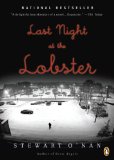

Last Night at the Lobster by Stewart O’Nan
It’s just what it sounds like: the local Red Lobster is closing and the manager and his staff are dealing with their regular duties, customers, a snowstorm, the Christmas holidays and their feelings about being unemployed or demoted or having to change jobs. Not much of a story really and yet I admire this book so much. I think Stewart O’Nan captures the reality of such a place and of the people who work there. There’s no condescension in this book, just quiet empathy.
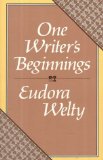

One Writer’s Beginnings by Eudora Welty
This is a lovely remembrance of the early influences on the career of a great American storyteller, her own account of how she developed as a writer. The three parts of the book are: Listening, Learning to See, Finding a Voice. The passage in part one about Eudora as a little girl, sitting on the stairs buttoning her shoes, listening to her parents — one upstairs, one down — whistling to one another, is amazing, something I go back to again and again.
This is a fantastic list, but although many are buried in my TBR pile, I haven’t read any of them yet. I will make the effort to seek out as many as I can and make reading them a priority.
Thank you so much Susan!
Have you read any of the books on this list?
Are any in your top ten list?
